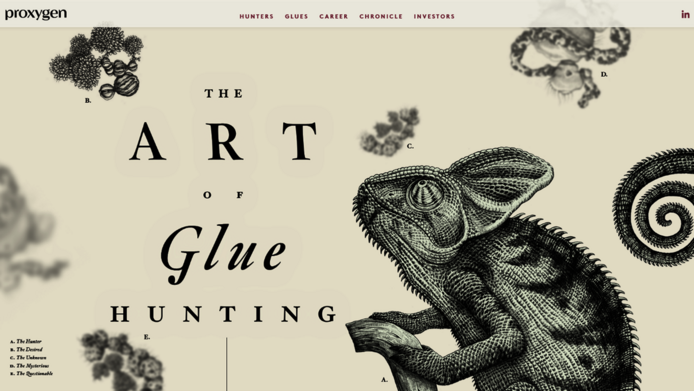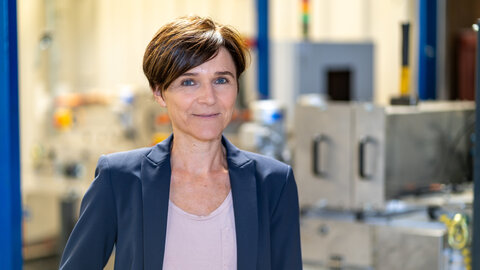Over the course of a lifetime, many genetic mutations accumulate in the body’s cells – changes that can have fatal consequences. The mutated genes can lead to the production of new proteins that disrupt the delicate balance of the cell: They can falsely activate or suppress signals, promote cell division, or prevent cells from dying. In the worst-case scenario, they can cause cancer.
There are cellular protein quality control systems in place to eliminate these defective proteins. So-called E3 ubiquitin ligases, for example, are part of a cellular recycling system. They recognize proteins with structural irregularities and mark them for targeted destruction. However, cancer-causing proteins based on mutated genes are usually not recognized. This is precisely where a promising new approach in medical research comes in. “Molecular earmarking” helps identify proteins that have gotten out of control as faulty so they can be eliminated.
One researcher who has been influential in basic research in this field for years is Georg Winter. He worked at Harvard University in the USA, among other places, before making significant progress as a group head at CeMM – Research Center for Molecular Medicine, where he worked with a particularly efficient form of these artificial markers known as glue degraders. “Molecular glue” ensures that a pathogenic protein is specifically brought together with a suitable E3 ligase and marked for elimination. The potential for future therapies for cancer and many other serious diseases is enormous.




![[Translate to English:]](/fileadmin/_processed_/1/e/csm_TeamGrabungVelia_cVerenaGassner_3d365837fc.jpg)
![[Translate to English:]](/fileadmin/_processed_/6/d/csm_MagdalenaHauser_WolfgangLechner_CorporateRetreat_cParityQC_e8b6874984.jpg)
